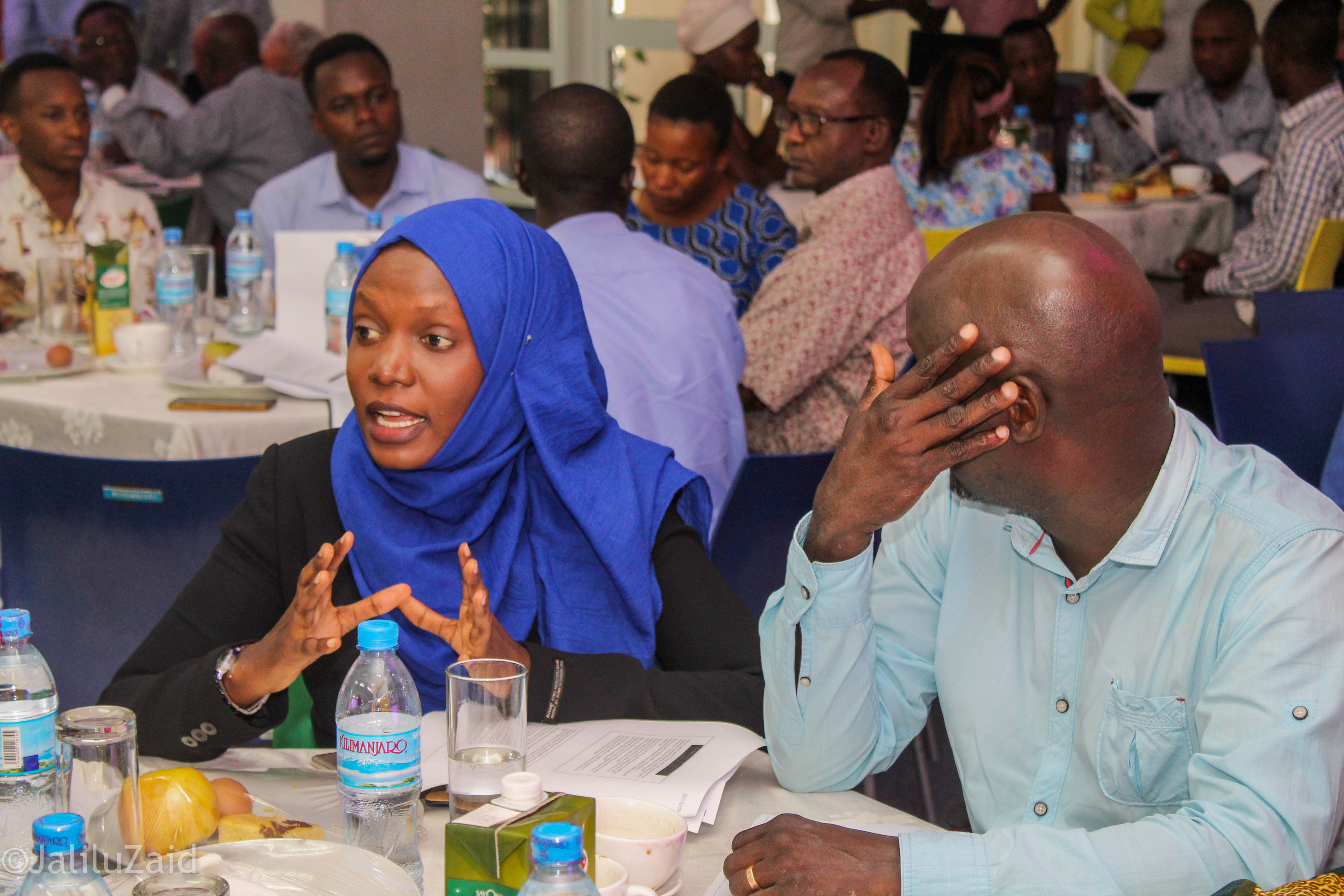
Stakeholders of the wildlife conservation have urged the government to align conflicting Acts that affect wildlife and tourism sectors for better conservation and management. The stakeholders voiced their concern during the Policy Forum’s February Breakfast Debate entitled “Challenges of Managing Natural Resources with Conflicting Legislation: The Case of The Wildlife Act”. One among the conflicting legislation is the Wildlife Act and Mining legislation. The chairperson of Tanzania Parliamentarian Friends of Environment (TAPAFE), Hon. Jitu Vrajlal Soni, Member of Parliament from Babati accentuated that the Wildlife law prohibits mining activities in Reserved Lands. However, Mining legislations give power to the Minister responsible to issue permits and licenses for a person or a company to conduct Mining activities in any area of Land in Mainland Tanzania. On the same line, it was emphasized that, a reserved land therefore can be de-gazetted to allow Mining activities to be undertaken. Since Mining as an activity is more perceived to generate more money and could be used as basis for reserved to be converted into a mining cite more easily than Mining area to be converted into reserved land even if it is ecologically sound to do so.
Another conflict between legislation was stressed by Advocate Edward Lekaita from Ujamaa Community Resource Team, he highlighted that, the Wildlife Act prohibits settlement in the areas surrounding some parts of Loliondo. These areas are regarded as reserved land despite being inhabited by several villages settlement which are recognized by the Village Land Act and some of them possess Village Land Certificates.
On the other hand, in Tanzania all land is vested in the President as a trustee on behalf all citizens. The Land Act of 1999 states that the president can transfer land from one category to another (section 4(2)):
”The President and every person to whom the President may delegate any of this functions under this Act, and any person exercising powers under this Act, shall at all times exercise those functions powers and discharge duties as trustee of all the land in Tanzania so as to advance the economic and social welfare of the citizens”
Significantly, Hon. Yusuph Salim Hussein, Member of Parliament from South Pemba mentioned that result of the conflict of among laws and policies have created a serious hindrance on effective implementation and more importantly the aspects of benefit, rights, access, control and ownership of natural resources.
The morning discussion went further by discussing on how the Wildlife and Conservation Act 2009 gives less power for local communities to control, own, access and benefit from wildlife products compared to Forest legislation on utilization of products. Forest Legislation is considered to be the most progressive since it gives more powers and flexibility to local communities to utilize forest products with less control from state organs.
Natural resource laws need to be integrated in order to give communities more rights and flexibility to explore more benefits from the Forest, Wildlife, Land and Other Natural Resources without barriers.
Also, there should be provision of National dialogues to enhance learning and discussions between the government, communities, CSOs and Private Sector on management of natural resources at least once per year to build capacity of key institutions in order to improve both management and governance of natural resources.
Over the years the law-making process has lacked inclusivity and transparency. There is little involvement of the community members however, the government must ensure that Natural Resource Management Policy and Legislative making process are inclusive and must be done collaboratively. The government alone or for a few privileged classes of the society or experts cannot be the key drivers of the process. “We need the government to change the way community is involved in preparation of country laws and regulations” said one of the attendees.
Due to the fact the important policy, regulations and laws on Natural Resource Management are in English and the community that benefits from natural resources are Swahili speaking, translation of the laws should be done to allow the community to easily follow and understand their rights.
